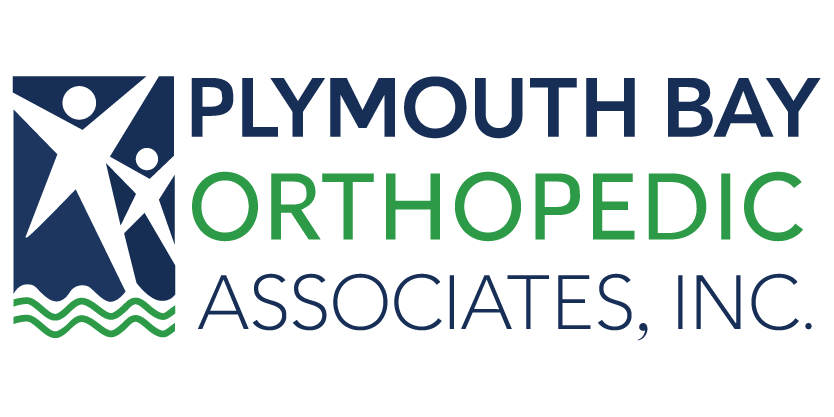A torn ACL can happen to athletes in almost any sport, and it is more common in females than in males. We’ve all heard of the ACL and probably know it’s somewhere in our knees, but what is it? The ACL is one of the four bands of ligament that keep the knee stable by connecting the femur to the tibia. The injury most commonly occurs when you make a quick direction change while running. Symptoms of a torn ACL include:
- Pain
- Swelling
- Trouble walking
- Loss of range of motion in affected knee
It is more common for women than men to tear their ACLs and many report hearing a popping sound when the injury occurs. After tearing your ACL, you will undoubtedly have a few questions on your mind: What are my treatment options and how long will recovery take?
If your injury is minor, you may just need to ice and elevate your knee while you rest. A doctor will more than likely prescribe an anti-inflammatory medication to alleviate swelling and maybe some pain pills as well.
Physical therapy may also be required for a few days a week to restore your knee to health. During these session, you will do exercises that strengthen the muscles around the knee in order to help you regain a full range of motion. You’ll also probably be given exercises to do at home.
In this nonsurgical treatment of a torn ACL, the condition of the knee can be returned to near its pre-injury state. You might have to wear a knee brace and learn how to prevent your knee from going out on you if you opt for this treatment method.
You can also allow your torn ACL to remain torn, a viable option for those who live
more sedentary lifestyles. Even then, you might have to wear a knee brace to help stabilize your knee.
The other treatment option for a torn ACL is surgery, especially if the tear is a bad one or if your knee gives out while you are simply walking. An orthopedic surgeon will remove the damaged ACL and replace it with tissue to assist a new ligament to grow during the procedure. Physical therapy will be required after surgery and many people are often back to playing the sports they love within 12 months of the surgery.
You should fully discuss the treatment options available to you with your loved ones and doctor before making a final decision. Don’t be pressured into making a quick decision, either. Torn ACLs do not have to be surgically repaired immediately after the injury occurs. To learn more about your treatment options, contact our office today to schedule your consultation! Plymouth Bay Orthopedic Associates, INC. is conveniently located in Plymouth, Duxbury and Sandwich, MA.
